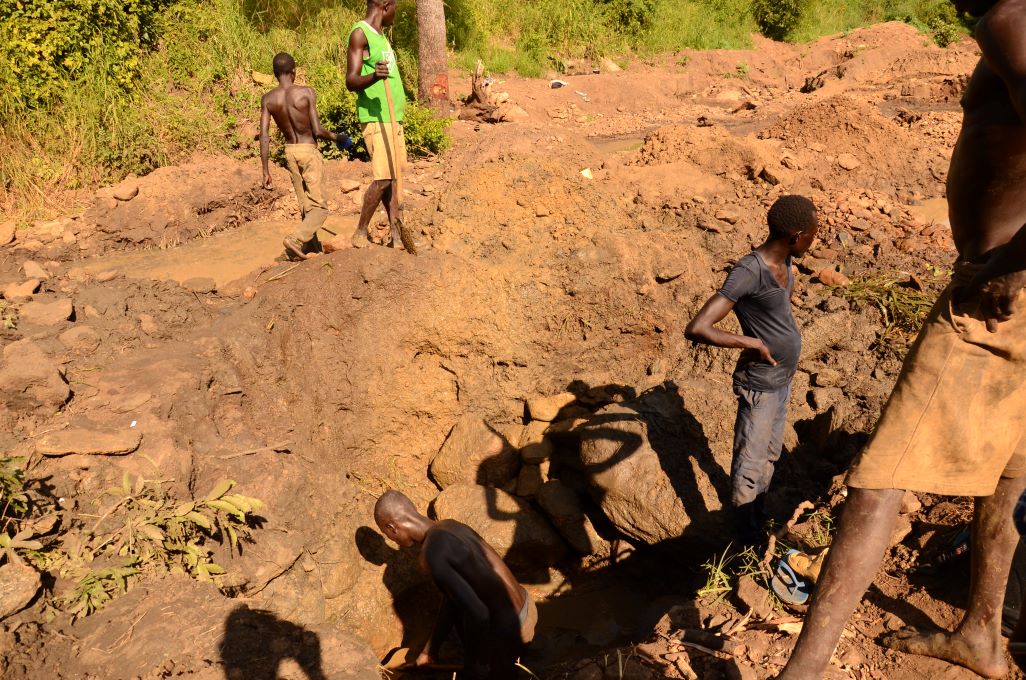
By Isaac Oriafo Ejakhegbe
The significant effects of unhealthy environment are not just global, they are personal and its impact in our health interplay in several ways.
While climate change has been well acknowledged as a global human health issue, however, for many of us who live in the developing world, we are equally faced with a huge burden of unhealthy surroundings owning to indiscriminate dumping of refuses.
Sanitation and hygiene are cheap preventive public health measure. Yet each year, 1.5 million children under the age of five die of diarrhea caused by poor hygiene and unsanitary conditions say the UNICEF.
Despite all progress in human development, addressing filthy environment is yet to be given the needed attention on a global scale.—we are not just talking about it enough to find a lasting solution.
This scenario as shown above is but a glimpse of the extent to which our environment has been polluted in some part of developing nations. Ironically some public places in major metropolis have such scene of garbage heap welcoming those who travel through them.
Not until recently, even when hygiene and sanitation is being addressed by governments and developmental patterns, it often sits on providing clean water and decent toilet facilities. Yet garbage dump in public places, open refuse disposal in flowing waters, throwing empty cans around, among others are still widely practiced.
Its just few days after the signing of the new Sustainable Development Goal (SDGs) at the UN. Unfortunately, too often, whenever I ask someone not to litter, I get a reply that since the surroundings are already dirty, throwing another trash won’t make a difference.
According to Grid Arendal in addition to help saving energy, waste prevention and recycling help address global climate change by decreasing the amount of greenhouse gas emissions climate change and waste emission.
Indeed there is no single solution to global warming which is too much heat-trapping methane, carbon dioxide, and nitrous oxide in the atmosphere.
While extreme weather and increased precipitation have been attributed to climate change with aftermath of increased flooding, indiscriminate littering of surroundings is a major cause of blocked drainage in most developing community with resultant effect of flooding of which the impact would be minimal by having clean surroundings.
Besides, most of these garbage heap materials do not get recycled and some of the component materials emit greenhouse gases and contribute to global warming.
Moreover, others contain harmful chemicals which pollute the environment and also become breeding ground for mosquitoes, rat and flies with consequences of disease proliferation.
While many people are still ignorant of the health consequences of indiscriminate littering of the surroundings, barriers such as: inadequate refuse bin in private and public place—street, market, non-recycling of used materials, including passive role of government are some of the hindrance to proper and effective refuse disposal.
In spite of the damages done and long silence in time past, huge hope remains.
Awareness creation can be achieved by utilizing old and new media as well as engaging youths, community and religious leaders among others as change agent to attain the clean environment we all deserve.
However, government and charity cannot solve the problem alone. We need to transform the developing world’s filthy surroundings into a great business opportunity.
Clear filth, build decent toilet facilities, go green, cut down green gases emission and make the world a better place for everyone.












